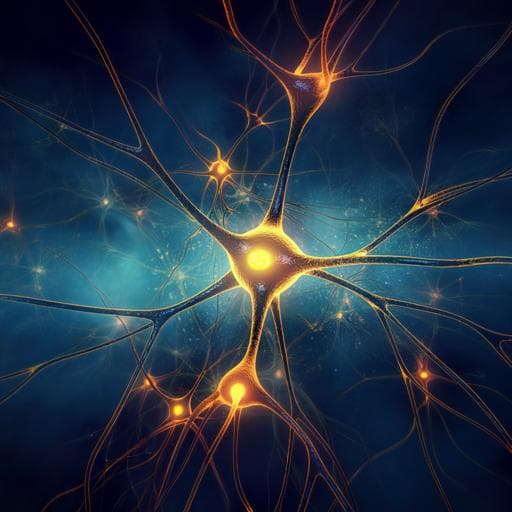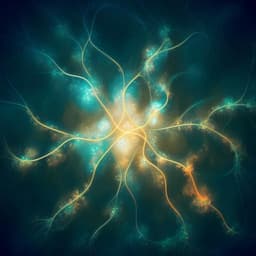
Medicine and Health
CDH2 mutation affecting N-cadherin function causes attention-deficit hyperactivity disorder in humans and mice
D. Halperin, A. Stavsky, et al.
This study reveals a compelling link between familial ADHD and a missense mutation in CDH2, influencing protein maturation and behavior. Findings from CRISPR/Cas9-mutated mice mirror human ADHD symptoms, offering insights into presynaptic vesicle behavior and dopamine levels. Conducted by researchers from the Morris Kahn Laboratory of Human Genetics at Ben-Gurion University.
Related Publications
Explore these studies to deepen your understanding of the subject.







